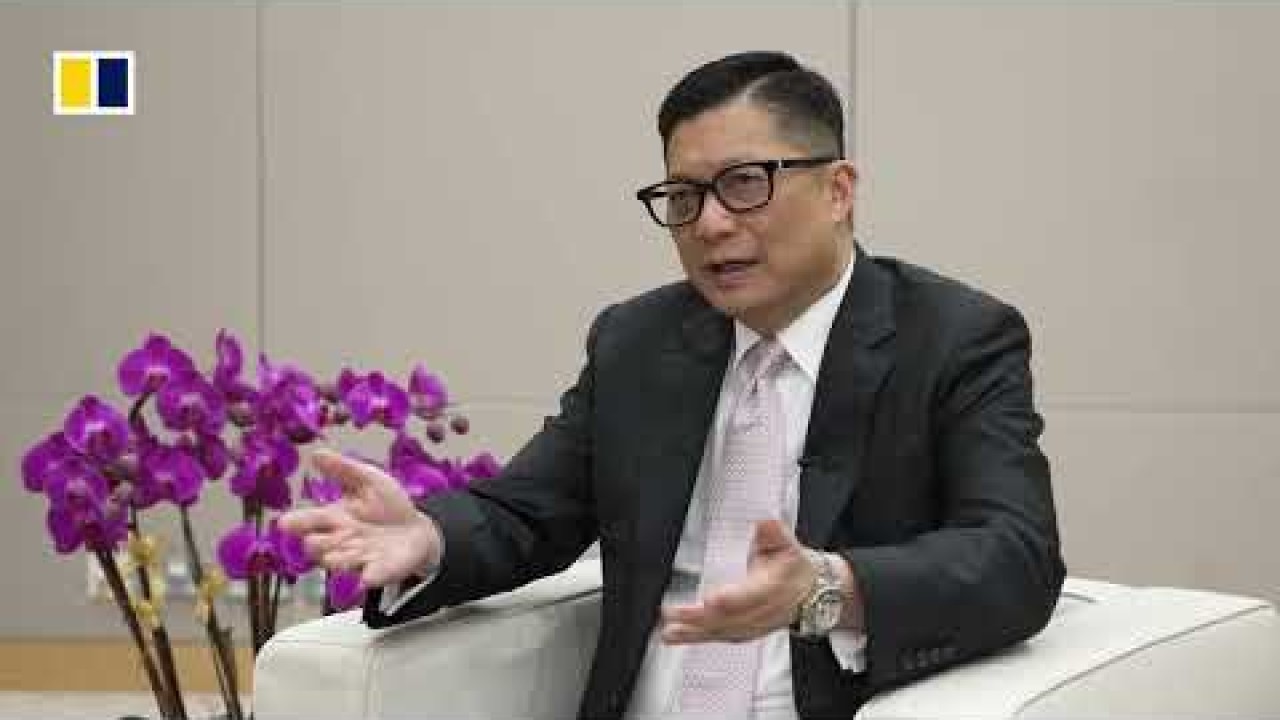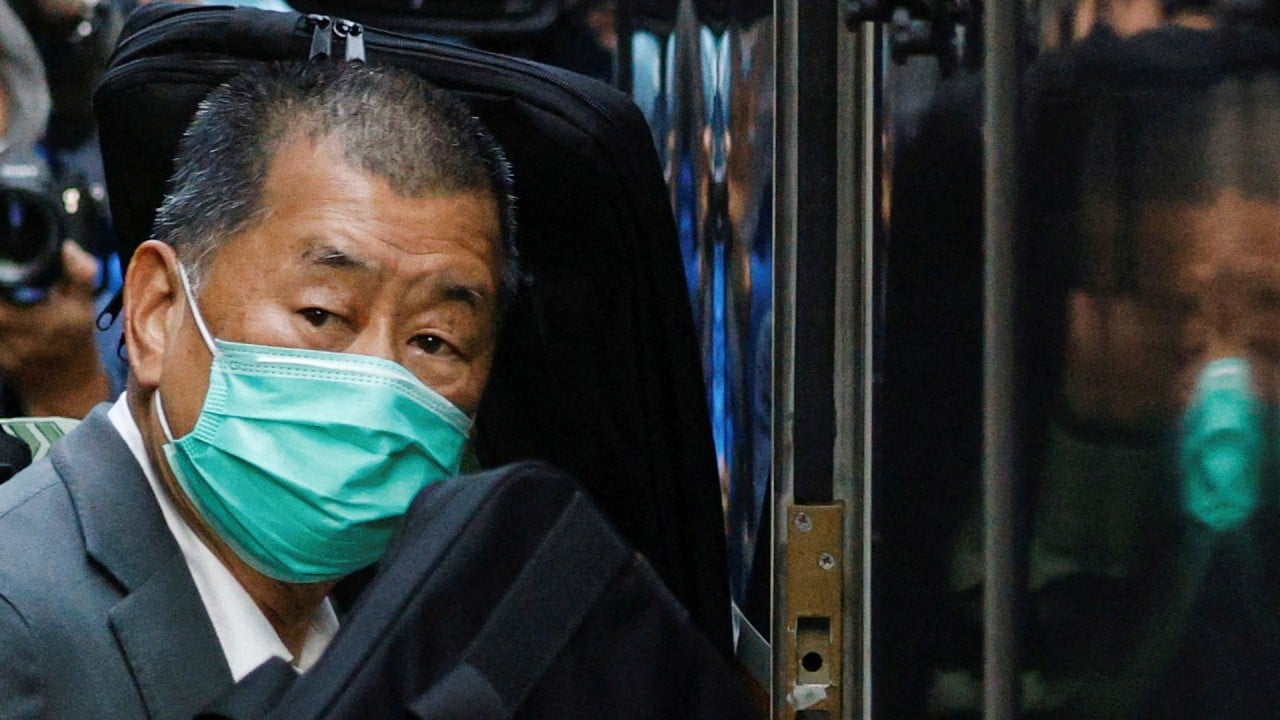
With Article 23 national security law, Hong Kong people have nothing to fear
- Most of the heavy lifting was done when the 2020 national security law was enacted but unfinished business remains
- The proposed offences will only be prosecutable if the traditional criteria are satisfied. The proposals are defensive in nature, and recognise that suspects must be properly treated
Apart from modernising the treason and sedition laws and enhancing their effectiveness, the government envisages new offences. They cover insurrection (serious civil disobedience), incitement to mutiny and disaffection, espionage (including spying) and theft of state secrets (defined in detail), and sabotage, including attacks on public infrastructure and misuse of computer technology.
The proposed offence of “doing an act in relation to a computer or electronic system without lawful authority and endangering national security” is novel but not unfamiliar. It derives from the UK’s Computer Misuse Act 1990. It would, for example, cover situations where a hacker stole classified national security information, or somebody gained control over strategic governmental electronic systems.
The proposed offences will, moreover, only be prosecutable if the traditional criteria are satisfied. As with other serious offences, there will need to be both a criminal act and a criminal intention. A prosecution will only result if the evidence affords a reasonable prospect of conviction, and it is in the public interest. Citizens and companies going about their everyday business have nothing to fear.
The concept of national security will refer, as in mainland China, to the political regime, sovereignty, unity and territorial integrity, people’s welfare, sustainable development and major state interests, and involves keeping them free from danger and threats through appropriate security.
As Britain’s then-home secretary Douglas Hurd told parliament in 1989, any definition of national security “has to be comprehensive”, as it “relates to the survival and well-being of the nation”. The government’s proposals satisfy his test.
The UK, moreover, has also recognised the need to adequately protect itself, and has enacted comprehensive laws. They include the National Security and Investment Act (2021), which allows the government to intervene in business transactions, and the National Security Act (2023).
Another Article 23 debacle would shatter government’s credibility
The National Security Act updated and introduced new offences related to espionage, sabotage, foreign interference and influence. It also controversially provided the police with extra powers of detention and arrest, and curbed pre-trial rights.
Anybody charged will enjoy the traditional protections. A suspect will be entitled to legal representation, and enjoy the presumption of innocence. A conviction will only result if guilt has been proved beyond reasonable doubt. Even then, as the International Covenant on Civil and Political Rights provides, there are rights of appeal.
In the UK, for example, somebody who obtains or discloses protected information faces life imprisonment, the sentence for obtaining or disclosing trade secrets is up to 14 years’ imprisonment, the same penalty as for assisting a foreign intelligence agency. Whereas treason in Hong Kong is punishable with life imprisonment, as in the UK, the maximum penalty for sedition is only two years’ imprisonment on a first conviction, which provides no effective deterrence.
The government should listen to the people on national security laws
Although the 2020 national security law contains structured penalties, which specify both the maximum and minimum sentences, this is uncommon in Hong Kong’s jurisprudence. There appears no reason not to have, as is customary, simply a maximum sentence for each of the proposed offences, with the court deciding the exact penalty.
Although most of the heavy lifting was done when the national security law was enacted, unfinished business remains. In an increasingly precarious world, Hong Kong is duty-bound to honour all its national responsibilities.
The community and the business world welcomed the return of normality in 2020, and the government’s proposals will cement the process. After all, social and political stability provides the bedrock for business, investment and jobs, and the sooner the remaining dangers are neutralised, the better.
Grenville Cross SC is a criminal justice analyst



